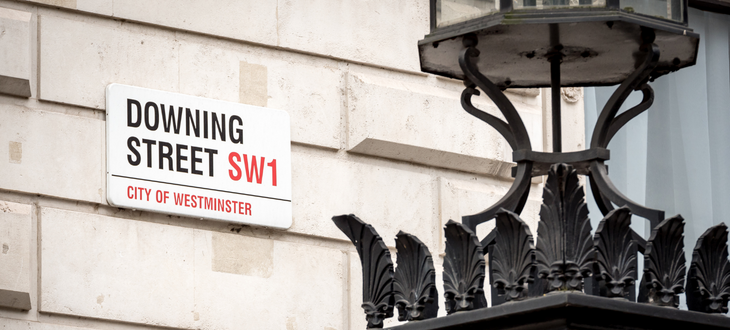
The first announcement of the new Prime Minister, Liz Truss, was a plan to freeze energy prices for two years at £2500 for the average home and with the £400 rebate previously announced, takes this to £2100. There will be equivalent help for Northern Ireland. The amount saved by each family will depend on how much energy they use, and households have been urged to reduce their overall usage if they can because of the serious Europe-wide shortage of the natural gas which powers much of the heating and electricity network.
Liz Truss also said that a fund will be created to support those who are not covered by the cap. More details are expected in the next two weeks.
Unlike domestic customers, energy bills for businesses are not capped and the rising cost is proving critical for many companies, especially smaller firms. Liz Truss announced that businesses will get an “equivalent support” for a six-month period, but it is not clear what that means. As the UK government have not yet published the cost per unit of gas and electricity that they are using to generate the domestic cap, they cannot yet confirm whether the same unit cost will be applied to business customers. After the six-month period, further support will be targeted at “vulnerable industries”. We will update you when further information is available.
The new Prime Minister also has a recession to deal with and the Bank of England has warned that little can be done to stop the UK falling into a recession as the war in Ukraine continues. Its governor, Andrew Bailey, said it would “overwhelmingly be caused by the actions of Russia and the impact on energy prices”. The Bank expects the economy to shrink in the last three months of 2022 and keep shrinking until the end of 2023.
To address the recession one of her strategies could be a change in taxation policy designed to increase economic growth by putting more money in our pockets and allowing businesses headroom to invest. We will keep you informed over the coming weeks if taxation policy changes.
As with any downturn in the economy, some types of business are more likely to run into cash flow problems, while other types appear to be more resilient. If you are a business owner, you might be wondering which category your business falls into. No matter how inventive or simple your business model is, you can still have problems with cash flow.
To understand and predict how cash flows in your business, start by performing a health check on your accounts. Look at your latest profit and loss statement and check that your income is sufficient to cover your expenses. If your profit is falling behind your expenses and cash flow is slowing down you might need to take action. Talk to us about preparing a cash flow statement and budget so that we can work with you to maximise your business’s resilience over the next two years.